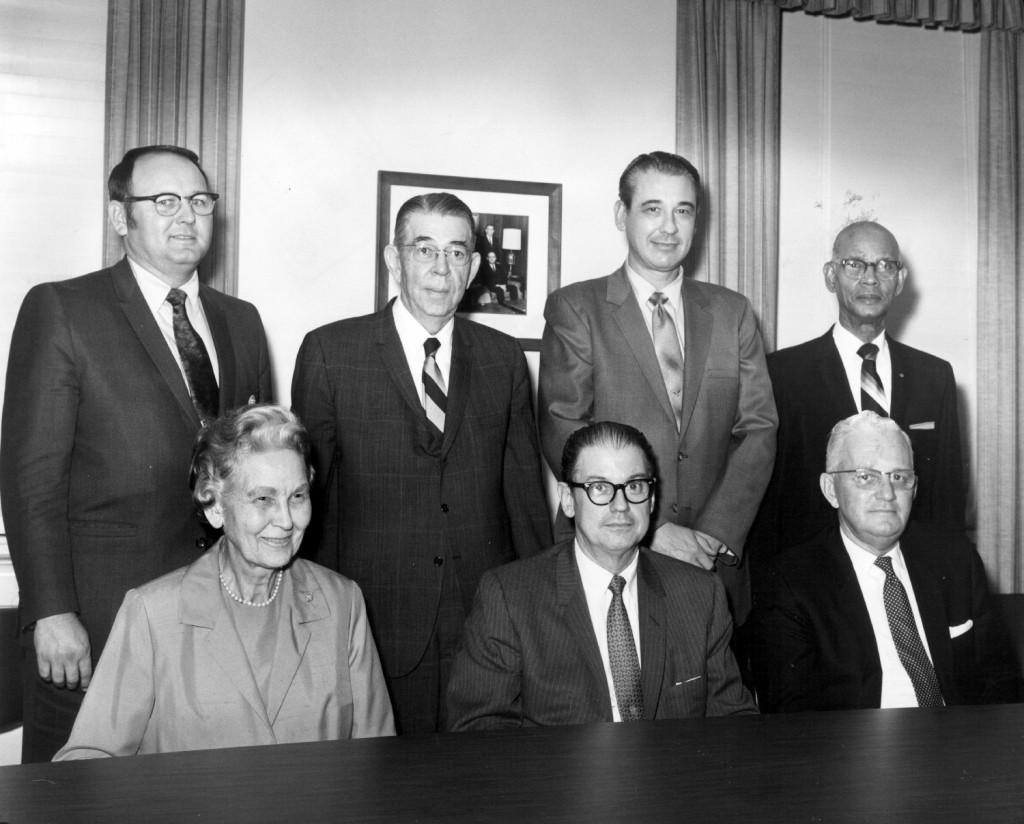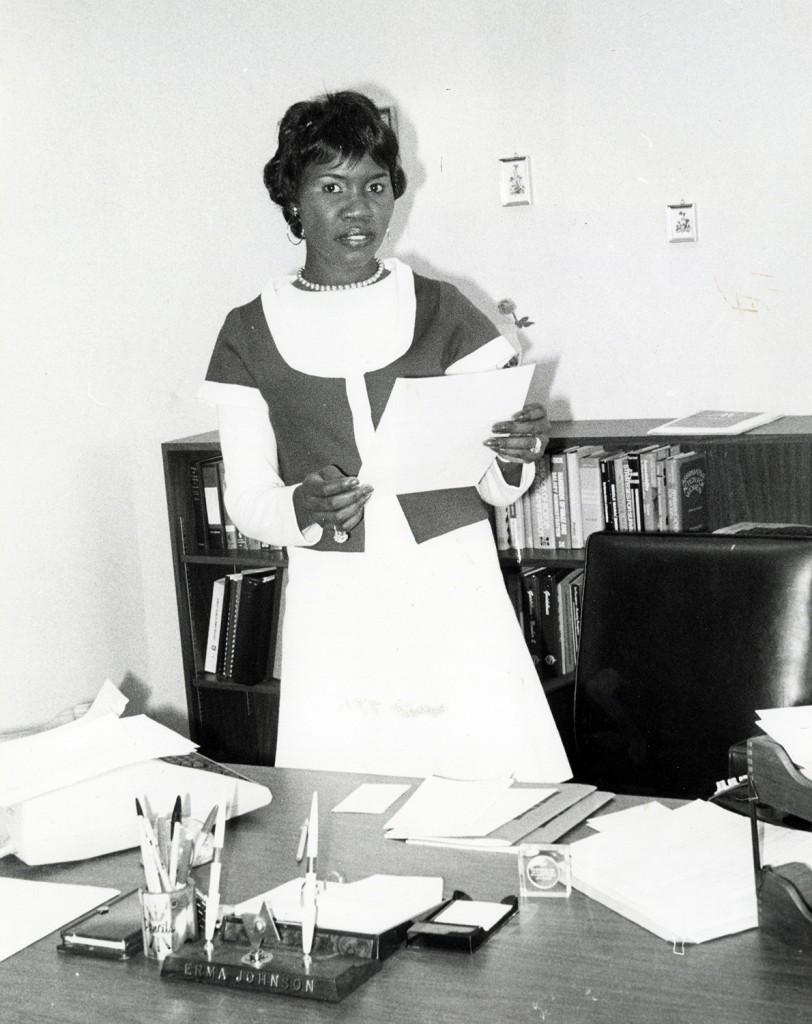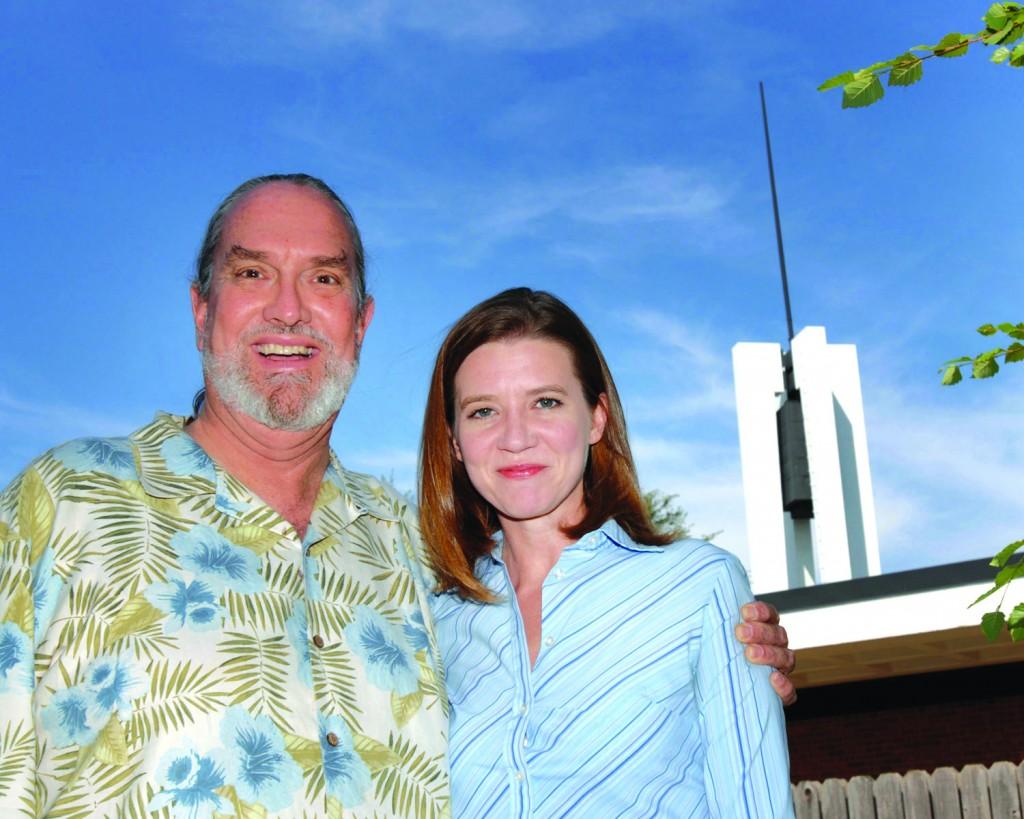By Gregory Hoeft/reporter
Better sleep involves most of the body’s senses, a panel told students May 4 on South Campus.
Psychology of Adjustment/Secrets to Better Sleep was a collaborative presentation effort of five TCC students who discussed ways that students can get a more restful sleep by using tips that affect all aspects of the body’s senses. These include diet, exercise, posture as well as how the body reacts to sounds, aromas and light during sleep.
Sandy Vasquez, a psychology major, explained common problems and barriers to better sleep such as distractions from personal electronic devices and consuming proteins, sugar and alcohol prior to bed, as well as a limit on when caffeine should be ingested.
“You shouldn’t actually drink caffeine after 12 o’clock mid-after[noon],” she said. “It takes anywhere from eight to 12 hours for it to process through your system, so it keeps you up and [will] not help you sleep,” Vasquez said.
Social work major Jennifer Kemner touched on sleep disorders such as insomnia, sleep apnea and restless leg syndrome as well as bruxism or teeth grinding.
Student Josiah Coburn discussed aromatherapy, saying three main scents can lead to good sleep: jasmine, lavender and gardenia.
South psychology associate professor Staussa Ervin discussed breathing and its relationship to sleep.
“Looking at our breathing, recognizing our breathing and understanding that there is actually a science to the breath is something that can help us throughout the day with our stress levels but also at night before we go to sleep,” she said.
When people are already stressed about not sleeping, it can be difficult to perform quality breathing that can bring on sleep, Ervin said. She provided breathing techniques to help the body and mind relax and be in the best frame of mind for better sleep.
“Sleeping and part of the secret to better sleep is not thinking about sleep as a solitary activity under the bet ‘I’m going to sleep,’” she said. “Sleep really starts from ‘rest.’”
Ervin said shutdown routines for the human body should begin about 9 p.m., especially as the sun begins to set if one’s schedule permits.
Ervin then demonstrated, with the participation of the audience, an alternate-nostril breathing technique that focuses the mind and helps to reduce the mental scatter often associated with restlessness before sleep.
“Let me ask you this,” she said. “When you were breathing and switching, what were you thinking about? Breathing or nothing. In 60 seconds, we created nothingness. That’s the nothingness we need so we can sleep.”
Student Karl Wahlborg discussed yoga techniques for sitting and posture that will help the body be more rested before bed. He then demonstrated the construction of a dreamcatcher, a Native-American handicraft that many feel helps them with sleep in a spiritual way.
Vasquez offered resources for better sleep and health such as the facilities available to all TCC students on each campus. Wahlborg and Kemner provided their own personal recommendations on soothing sounds for great sleep including free Android and iPhone apps.





























